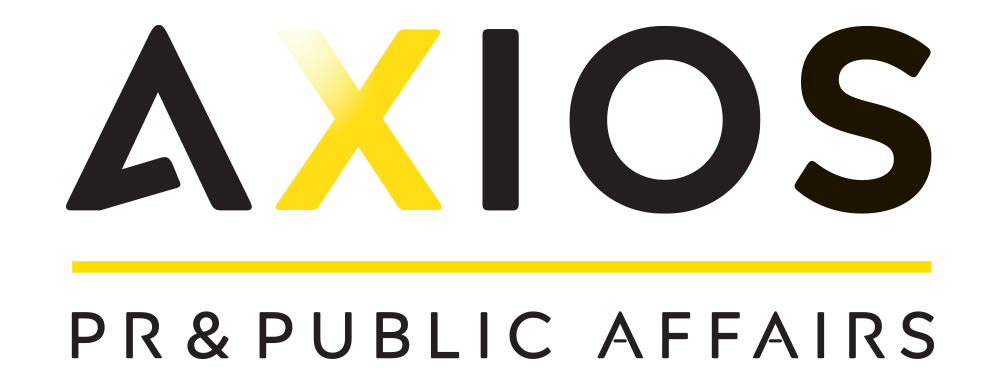Don't let the crisis manage you: Building an effective crisis communication plan
“Life beats the movies” is how we relate in Romania to the surprising and unexpected turns in life. At least in business, one can prepare to manage the unexpected with the support of crisis communication.
While a business is running, you can’t really prevent a crisis from happening, but you can prepare to manage it and mitigate the impact through means of communications. The key is to think in scenarios and envision even the most far-fetched event or development. A crisis will develop in unexpected ways, but when your firm is wired to respond and act, you will come out the other side with less damage, or even an improved position.
There's no such thing as being overly prepared to manage a crisis and communicate effectively. The right level of readiness, though, depends on the size and the nature of the company.
Building a basic crisis plan for small businesses
If you operate a small or medium-sized company, particularly in B2B services with a limited client base which you can handle individually in case of a crisis, a basic setup can be sufficient. Here are some key steps you can take:
Consider what could disrupt your operations and impact your firm, clients and suppliers, and perhaps even become a publicly discussed matter. Think about a software error, unavailable or unreliable service, delay in delivery, product quality, etc.
Train and empower employees to spot issues early and escalate them quickly.
Involve your marketing team or contractor early on to assist in formulating responses and monitoring developments and, if need be, engage selectively.
Have access to a lawyer and a crisis communications expert familiar with your business.
You might believe you are immune to the kind of crisis that makes headlines, but it's risky to count on that assumption. Having a basic crisis preparedness plan empowers you and your team to respond swiftly when necessary.
Managing comprehensive crisis communication for large companies
When your business model involves a large customer base, you have multiple locations or production/processing facilities, and a big team, having protocols and processes in place, becomes crucial. At this level, you probably already have a formal risk prevention approach and a communications team or partner. You need to take preparation and scenario planning a step further:
Develop separate manuals for business continuity and crisis communication, and establish a well-defined crisis team.
Conduct regular trainings and crisis simulations for leaders and various team members. Fluctuating staff should not impact your response capacity.
Prepare communication plans for multiple scenarios, define your views on critical topics and have pre-approved statements and Q&As. Ensure you know your stakeholders and keep an updated contact database (i.e. media, customers, authorities).
Create communication guidelines for employees, describing how information is handled, who can speak publicly, and steps to follow during a crisis.
Establish a monitoring and rapid response protocol for client-facing staff and reception teams at your locations.·
Business complexity increases the margin for error in crisis preparation, management, and communication. Don’t understimate the need to plan and rehearse and ensure the key team members are prepared to take coordinated action at any moment.
Planning for crisis management in high-risk industries
To a lesser degree dependent on company size, there are sectors, like transports, energy or industrial manufacturing, where an operational issue may have a major impact on people’s lives, the environment, or even entire communities. If you operate in such a high-risk industry, you likely have already a robust plan in place, but you can always go even further:
Extend your preparedness efforts to include critical suppliers, clients, and relevant authorities.
Utilize real-time monitoring tools and track public perception to address issues promptly.
Adapt protocols more than required, if you are a multinational. It’s difficult for HQs to predict all risks across different cultures.
Provide regular media training and crisis simulations for leadership teams and other relevant stakeholders.
In high-risk industries, crises can attract media attention for extended periods and remain vivid in the public's memory. As your public interactions directly influence the company's reputation and business, make sure your statements are considered and reflect the efforts to conclude the crisis and mitigate any impacts.
No free ride
Preparing for crises takes effort. It requires an objective, inquisitive look at your business from all angles and a bird's-eye view to include developments in your sector and the ever-changing social landscape.
Crisis preparedness isn't just an exercise, it's a mindset and offers the chance to refine internal processes so that, ideally, you avoid that the crisis manages you.
